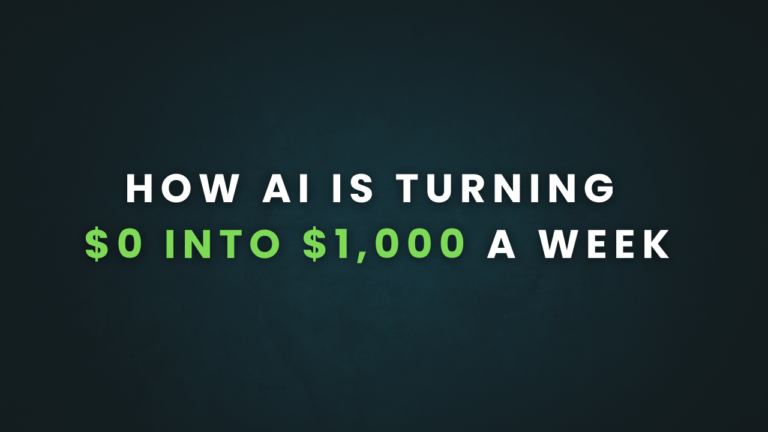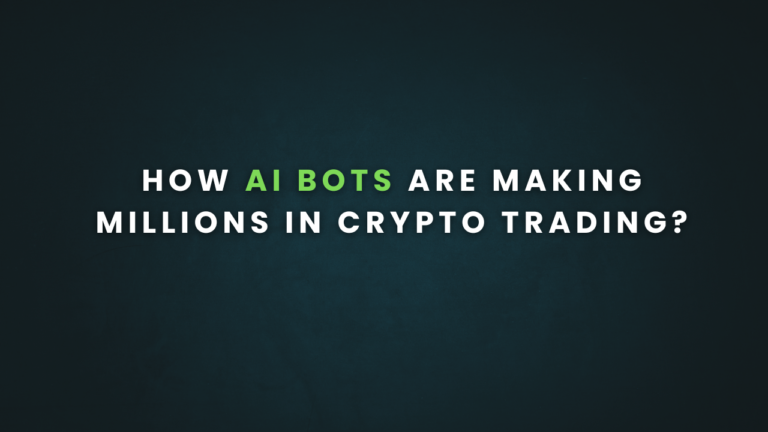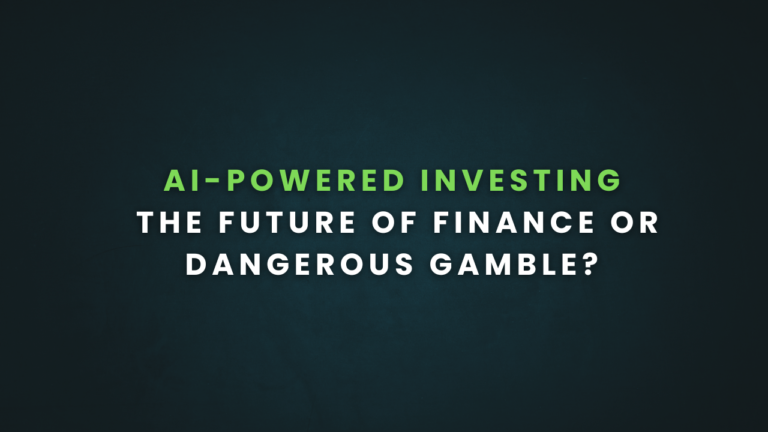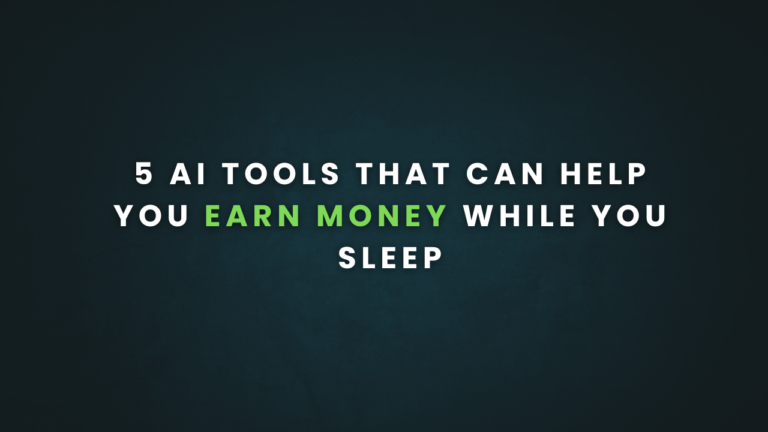How Artificial Intelligence is Changing Your Career in 2025
Imagine heading to work in 2025, where your day starts with an Artificial Intelligence (AI) assistant handing you a report it wrote overnight. Sounds futuristic? Well, it’s closer than you think! AI is transforming the way we work, creating new opportunities, and changing how we approach our careers. Whether you’re a doctor, a teacher, or a store manager, AI will touch your job by 2025. In this article, we’ll explore how Artificial Intelligence is reshaping industries, creating new roles, evolving current jobs, the skills you’ll need, and some big challenges to watch out for. Let’s dive in!

How AI is Transforming Industries
AI is already shaking things up across different fields, and by 2025, its impact will be massive. In healthcare, AI tools are helping doctors spot diseases faster and create custom treatments for patients. For example, IBM’s Watson is a superstar at crunching medical data to assist professionals. In finance, AI catches sneaky fraudsters and makes stock trades in seconds. If you work in manufacturing, you might see robots powered by AI building products with precision. Even retail is changing—think of AI suggesting clothes you’ll love or keeping shelves stocked without humans lifting a finger.
Why does this matter? These shifts mean every industry is adapting. You might need to learn how to team up with AI tools to stay ahead in your field.
New Job Roles Created by AI
Here’s the exciting part: AI isn’t just taking jobs—it’s making new ones! By 2025, roles like AI trainers will be common. These folks teach AI systems how to do things right, like recognizing voices or sorting images. Then there are explainability specialists, who figure out why AI makes certain choices and explain it to us regular humans. Another big one is AI ethicists—they make sure AI plays fair and doesn’t cause trouble. And don’t forget data annotators, the unsung heroes labeling tons of data so AI can learn.
These jobs show that AI needs humans to guide it. Curious about them? Check out real listings on LinkedIn to see what’s popping up!
How Existing Jobs Are Evolving
AI isn’t here to steal every job—it’s more like a helpful coworker for many roles. Take journalism: AI can dig through data and whip up basic reports, leaving writers free to chase big stories or craft beautiful articles. In law, AI scans piles of legal papers in minutes, but lawyers still use their smarts to argue cases. Picture this: You’re a marketer in 2025, and instead of crunching numbers all day, your AI buddy hands you customer insights so you can dream up creative campaigns.
This means jobs are getting less boring and more interesting. AI takes the grunt work, letting you shine at the creative or strategic stuff. Want to know more? Read about it in this Harvard Business Review piece.
Skills Needed for the Artificial Intelligence-Driven Future
So, how do you get ready for 2025? You’ll need some key skills. On the tech side, programming is a winner—learning Python is a great start since it’s huge in AI. Data analysis is another must, helping you make sense of all the info AI spits out. Even knowing the basics of machine learning can give you an edge. But don’t stop there! Soft skills like creativity (to think up new ideas), emotional intelligence (to connect with people), and adaptability (to roll with changes) will be just as crucial.
Read : How to Unlock Free Money for Your Education
Google Map Review Earn Money Without Investment
Not sure where to begin? Platforms like Coursera have easy courses to boost both your tech and people skills. Start small, and you’ll be ready in no time!
Ethical Considerations and Challenges
AI sounds amazing, but it’s not perfect. One worry is job displacement—some roles might disappear as AI takes over repetitive tasks. The good news? History shows new tech often leads to new jobs, as long as we retrain workers. Another issue is bias in Artificial Intelligence( AI ). If AI learns from bad data, it might make unfair decisions, like favoring one group over another. That’s why we need diverse teams building AI and strict rules to keep it in check.
Want to dig deeper into this? The IEEE’s guide on AI ethics is a great place to start.
Conclusion : Get Ready for the AI Future
By 2025, Artificial Intelligence will change your career in ways we’re just starting to see. It’s transforming industries, sparking new job roles, tweaking existing ones, and demanding fresh skills. Yes, there are challenges like job shifts and ethical questions, but with the right prep, you can turn these into opportunities. Start learning Artificial Intelligence job trends now, pick up some skills for the AI era, and stay curious. The future of work is coming fast—will you be ready?




